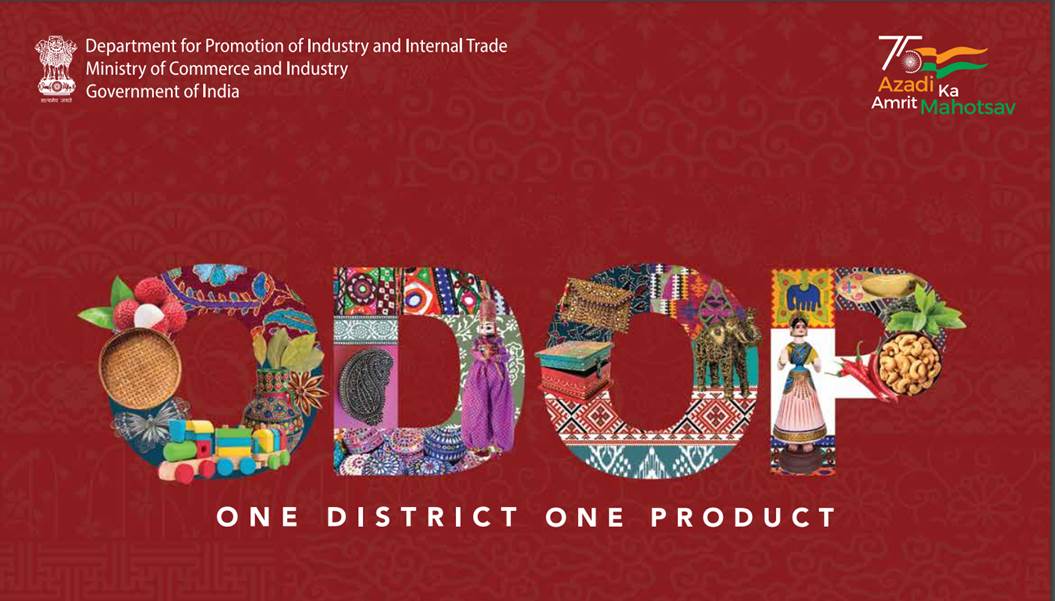False and misleading claims in blogs, websites and portals are detrimental to consumers and their right to information
In December 2008, the release of the Quarter Pounder burger by McDonald’s was quite sensational. There was a crowd of about 1,000 people queued outside the US fast food major’s outlet in Kansai area of Japan from midnight onwards, hours before the opening of the branch that morning. In another part of the world, in the US, a blog by the name of Working Families for Walmart, praised the efforts made by the retail corporation for the welfare of its employees. On the face of it, both these examples show the popularity of these companies, but the truth is that McDonald’s paid 1,000 part-time employees $11 an hour each to queue up in front of the store and even reimbursed their burger purchase. On the other hand, Walmart owned the blog in question and was praising itself for all the good work. In both cases, it was not the employees or the customers but the organisations themselves patting themselves on the back for positive publicity. This misleading attempt of displaying pre-planned, stage-managed publicity in the disguise of spontaneous comments from society is known as astroturfing, a term first used in the US by former Senator Lloyd Bentsen.
Astroturf groups are prevalent in all walks of life where an opinion has to be created — be it the sports arena, public health or politics — who have used this perception management techniques for years. This practice of creating an illusion of extensive support of the masses is not new in the non-digital world but it gained renewed strength with the advent of the internet and technology.
Several virtual identities and phony pressure groups are created to sway public opinion in favour of the astroturfer as the internet, that has changed the rules of social communication worldwide, offers appropriate occasions for users to publicise their opinions without being identified. The net provides a sense of security, by pretending to be someone else, thereby making it a perfect platform for astroturfing. Since it is challenging to check the authenticity of a person online, it is easy to develop false identities and impersonate as spontaneous individuals and promote a belief or opinion. Additionally, internet, digital technology and social networks allow an individual to create several identities to give a notion to the general public, that there are many people sharing the same opinion.
The blend of obscurity and communication supported by digital technology has provided a perfect technical platform and opportunity for astroturfing. There are several ways in which preferred outcomes can be achieved: A solo professional blogger can work on several blogs simultaneously; an individual can form varied profiles on social networks; hired people can evaluate and post reviews and comments on many websites. That is why the extent and severity of unreliable actions on the internet is making online astroturfing more popular than traditional astroturfing.
Most of the consumers are going online either for buying or to do research on the products available, which makes it easier for astroturfers to spread information throughout the digital world via online forums, comments, blogs, and social networks. It can also be corroborated that some large organisations have used public relation firms as astroturfers to create posts and shame their critics, while other institutions have utilised paid individuals to propagate favourable images online. Many businesses are continuing to use this method for creating public opinion.
The problem here is that astroturfing creates false impressions and passes them on as the opinion of the general public, through various communication channels, which influence the decision-making ability of consumers. In fact, these lobbyists or hired people convey these insincere beliefs. However, the extent and impact of astroturfing is restrained by the funding behind this process, as engaging a public relations firm or lobbyists to create and spread incorrect and untrue information can be very costly.
There are several examples of online astroturfing by large firms worldwide. For instance, IBM openly encourages its employees to blog in its favour and criticise the company’s competitors.
In 2010, evidence of online astroturfing emerged during the Massachusetts Senate war between Martha Coakley and Scott Brown, in the forms of several hundreds of tweets generated by several fake Twitter accounts. This had a wide reach and may have had an influence on the final outcome. Fake positive reviews have also been identified on Amazon and Barnes & Nobles, aimed at influencing the buying behaviour of consumers, benefitting multiple stakeholders like vendors, publishers, and authors.
There are two ways to initiate an online astroturfing activity: Automated systems and human operators, although automation can be more effective and reach a larger scale. Once word from an online astroturfer is spread, it becomes more organic as many genuine people believe in the propaganda and start sharing the misleading information, in turn magnifying the online astroturfing mission. Even though human astroturfers may not be as capable as automated systems, they are more effective, quickly adapt to changing conditions as they carefully mould their messages to suit the environment. The ability of human astroturfers to communicate with actual people on the internet makes them more believable.
However, astroturfing poses a considerable threat wherever it is used, be it in the business world, public health or politics. There can be horrible consequences when a fake support to a controversial product, service or a system, finds its way into people’s conscience and is a major disservice to a genuine product, service or political candidate.
These false and misleading claims in different online locations like blogs, portals and websites are detrimental to consumers and their right to information. Proper checks and mechanisms have to be developed using different techniques like content and language analysis; and Artificial Intelligence to detect astroturfing and protect consumers from false and misleading opinions. Till then, consumers have to use their wisdom to not get swayed by blindly accepting the views and reviews on the internet.
(The writer is Associate Professor, Amity University, Noida)








 OpinionExpress.In
OpinionExpress.In















Comments (0)